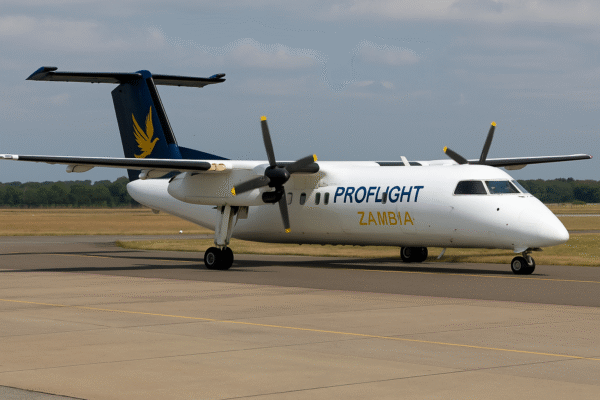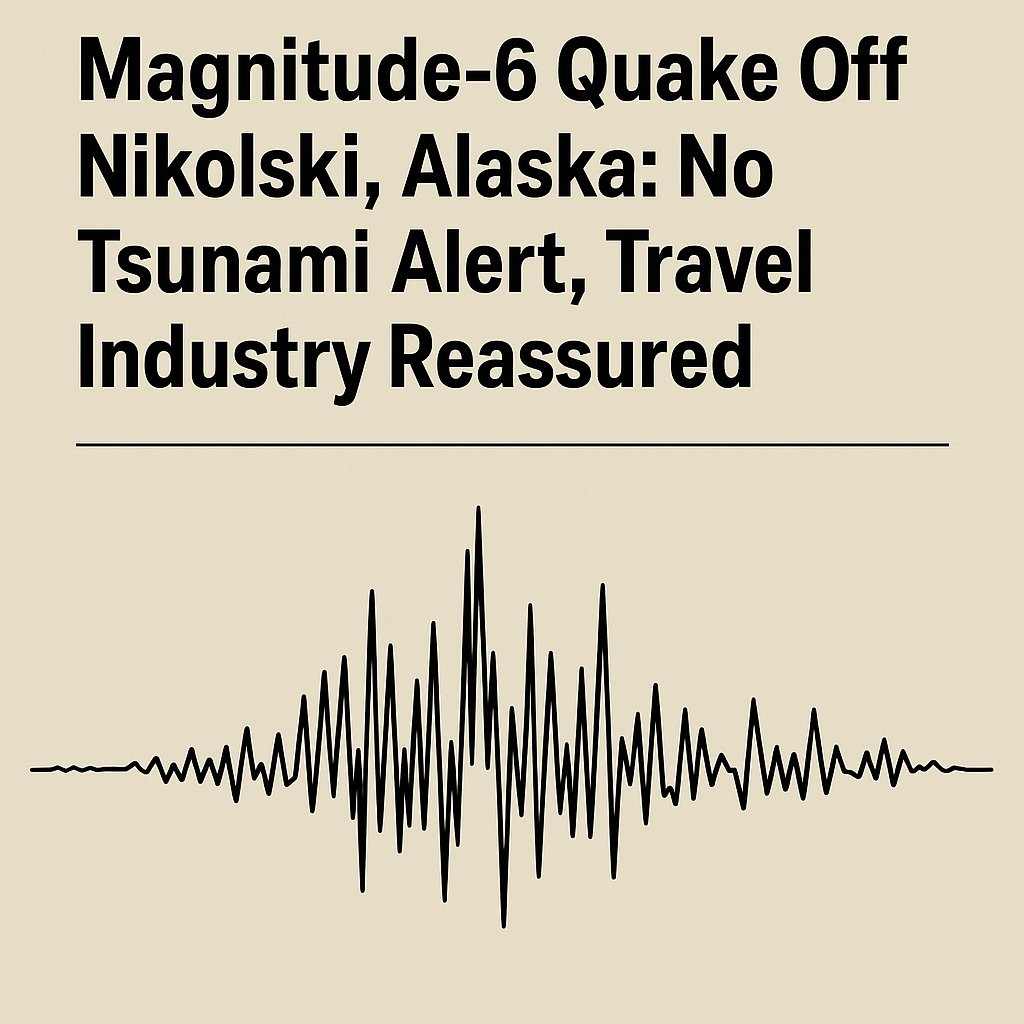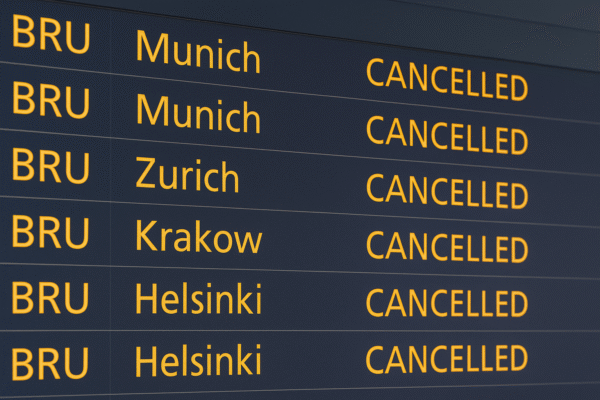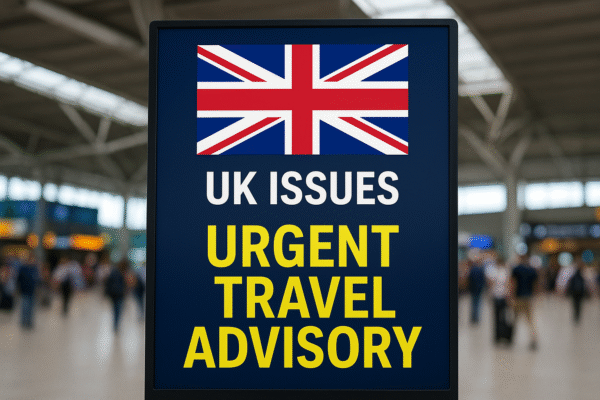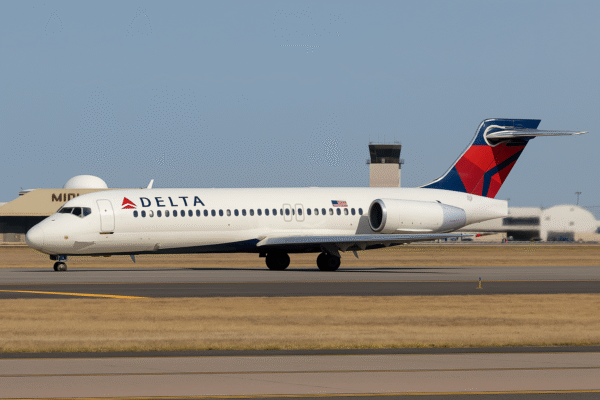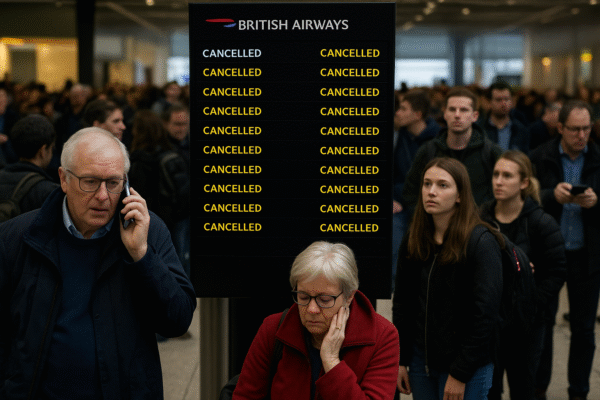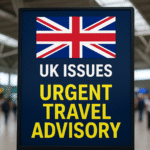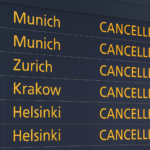European travelers are facing significant challenges this week as two major airlines, Brussels Airlines and Finnair, announced multiple cancellations and delays affecting key routes. The disruptions, which struck airports in Belgium, Finland, Germany, and Switzerland, have caused widespread uncertainty for passengers who rely on these crucial connections for both business and leisure travel.
In total, five flights were cancelled—three by Brussels Airlines and two by Finnair—while dozens of other services faced long delays. With major airports such as Brussels, Munich, Zurich, and Helsinki-Vantaa directly affected, congestion has increased and rebooking options have become limited, leaving travelers scrambling to adjust their plans.
Brussels Airlines Faces Key Cancellations
Brussels Airlines, Belgium’s national carrier, bore the brunt of the cancellations. On Thursday, three flights were grounded, disrupting the important routes connecting Brussels with Munich and Zurich. The cancellations included both outbound and return services, directly affecting passengers traveling to and from two of Europe’s busiest airports.
The specific flights impacted were:
- Brussels to Munich (BEL2643) – originally scheduled for mid-morning
- Munich to Brussels (BEL2644) – scheduled around midday
- Brussels to Zurich (BEL2731) and Zurich to Brussels (BEL2732) – planned for evening travel
These routes serve thousands of passengers weekly, linking business hubs and tourist destinations. Their cancellation not only disrupted immediate schedules but also created a knock-on effect for connecting flights across Europe and beyond.
Brussels Airlines expressed regret for the inconvenience and assured passengers that rebooking assistance was being provided. However, the airline acknowledged the strain on available resources, especially during peak summer travel when seats on alternate flights are limited.
Finnair Struggles With International Routes
Finnair, Finland’s flagship carrier, also announced cancellations, though on a smaller scale. Two short-haul flights between Helsinki-Vantaa and Krakow were suspended, while one long-haul service to Hong Kong was affected. These changes disrupted travel not only within Europe but also across Asia and the Middle East, where connections rely heavily on Finnair’s Helsinki hub.
Affected passengers faced additional complications when long-haul disruptions rippled through connecting flights to Doha and other destinations. For international travelers, the impact has been more severe, with limited alternative routes available on short notice.
Finnair issued a statement noting operational challenges as the reason for the cancellations. The airline also faced over 20 delays on the same day, adding to congestion and wait times at Helsinki-Vantaa Airport.
Ripple Effects at Major European Airports
The consequences of these disruptions were immediately visible at some of Europe’s busiest airports.
- Brussels Airport experienced overcrowded terminals as passengers sought new travel options. With Brussels Airlines being the home carrier, the impact was felt across several gates.
- Munich Airport, a critical German hub for international travel, faced arrival and departure delays that extended to other airlines.
- Zurich Airport, one of Europe’s key financial and tourism gateways, was forced to adjust schedules due to the sudden loss of connectivity with Brussels.
- Helsinki-Vantaa Airport reported increased congestion, particularly in its international transfer zone, where passengers connecting to Asia were left searching for alternative routes.
These airports play essential roles in Europe’s air traffic network, and even a handful of cancellations can cause hours of disruption for thousands of travelers.
Travelers Advised to Stay Alert
Both Brussels Airlines and Finnair have urged passengers to stay updated through official channels. Flight-tracking apps, airline websites, and customer service hotlines have become essential tools for travelers trying to manage their disrupted journeys.
Authorities also advised travelers to arrive early at airports, as check-in lines and security queues have grown longer due to the increased number of rebookings. Flexible ticket options, travel insurance, and considering alternative transport routes such as high-speed trains within Europe have been recommended as backup strategies.
Tourism Industry Impact
The disruptions come at a critical time for Europe’s tourism sector. With summer still drawing high numbers of visitors to destinations in Germany, Switzerland, Belgium, and Finland, even minor operational challenges can have major consequences. Popular tourist hubs such as Munich, Zurich, and Brussels rely heavily on seamless international air connections to support local economies, hotels, and cultural events.
Finland, which positions Helsinki as a key transit hub between Europe and Asia, has also seen ripple effects. Passengers flying to destinations like Hong Kong and Doha were left stranded, highlighting the vulnerability of long-haul travel to operational hiccups.
Looking Ahead
While both airlines continue to resolve the operational challenges behind the cancellations, industry experts note that disruptions of this scale underline the fragile balance within aviation. Staffing shortages, technical issues, and the ongoing high demand for travel have placed immense pressure on airlines.
For passengers, the best advice remains vigilance and flexibility. Staying updated on the latest announcements, considering alternative routes, and planning for contingencies can help mitigate the stress caused by unexpected cancellations.
Conclusion
The recent disruptions from Brussels Airlines and Finnair serve as a reminder of how quickly air travel across Europe can be affected by operational challenges. With cancellations and delays striking key routes in Belgium, Germany, Switzerland, and Finland, thousands of passengers have faced uncertainty in their travel plans. As airlines work to restore smooth operations, travelers are urged to remain alert and adaptable to ensure their journeys continue with as little disruption as possible.
For more travel news like this, keep reading Global Travel Wire



